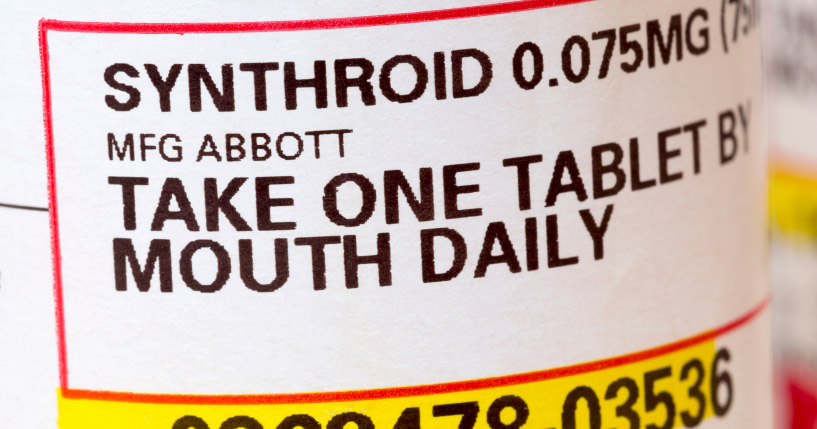Major doping agencies push to ban thyroid medication


Amid allegations of therapeutic use exemption abuse by Oregon Project coach Alberto Salazar, two of the world’s major doping authorities are lobbying to have thyroid medication placed on the banned substance list. They believe the medication, prescribed to combat hypothyroidism, is being used not to treat the disease but as a performance enhancer.
The US Anti-Doping Agency and UK Anti-Doping are both lobbying the World Anti-Doping Agency, based in Montreal, to consider thyroid medication as a new addition to their list of substances to be banned, which is set to be reviewed for the 2016 calendar year in September.
Hypothyroidism is most common among middle-aged and older women, though rates of the disease are diagnosed notably more often in elite endurance athletes than in the general population. Some say coaches are taking advantage of the supposed performance enhancing benefits of the medication. Others think the difficult training undertaken by elite athletes brings on symptoms of hypothyroidism.
To be considered as a banned substance by WADA, a drug must meet two of three conditions: it is performance enhancing; it is dangerous to an athlete’s health; and it undermines the spirit of the sport. Some research suggests both former conditions are met in the case of synthetic thyroid medication; that it offers performance enhancing benefits and can be dangerous to athletes if misused.
*Note: An original posting of this article incorrectly suggested that thyroid medication was used to treat hyperthyroidism, which is not the case. It is hypothyroidism – the body’s insufficient production of natural thyroid hormones – that is treated with thyroid medication.


